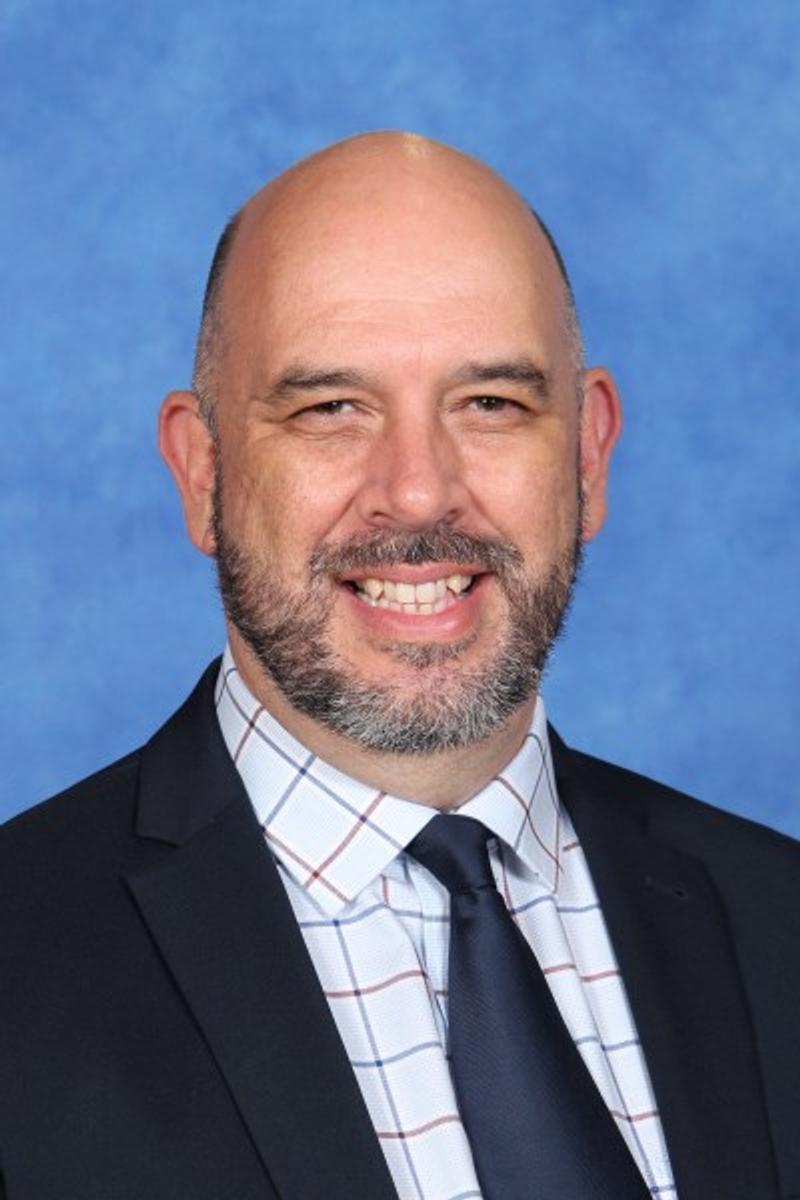English News

End of Term 3:
English Department
Success in English as a subject all starts with being prepared and coming to class ready to learn. Ensuring you have the correct textbook, a copy of the novel that is being discussed, a workbook to complete written tasks in, the necessary pens and pencils to complete tasks, the student planner to record in dates and home related study and a charged laptop. These essential items are not negotiable and are the students responsibility to have when they come to their English class. Teachers will expect that each student comes to class with these, ready to learn so that people can productively participate in each English class.
In Year 7, classes have completed their unit of work based on poetry. They have spent time reviewing and reading poems and coming up with original rap songs based on a beat, timing and rhythm. Recently, they have commenced working through the class novel “His name was Walter” by Emily Rodda. This book explores the ideas of loss and resilience, independence and hope, and uncovering secrets. Students will complete follow up reading and comprehension tasks that build knowledge and understanding of the themes, motifs and symbols connected to the text.
In the Year 7 Advanced English class, students have worked tirelessly on their persuasive skills and knowledge and researched, created and delivered a persuasive speech on a product or service of their choice. In the second half of the term, students have been introduced to essay writing skills, gaining the knowledge and experience required to organise, plan, write and edit an essay based on a common topic shared in the class. Learning about the features of an essay, TEEL paragraphs and introductions and conclusions have all been an essential part of their learning.
In Year 7 Advanced English, the students have been learning about and refining their essay writing skills. The topic some of the class chose to write about was ….
“Is failure more valuable than success?”
The following work is from Sophia, a Year 7 student and her very first draft and first essay attempt at this question. Please take the time to read her work.
A large portion of our generation has learnt that failure is not something to be expected of them and that success will always be delivered. That unfortunately is not the case. While succeeding is always an achievement, failure can be too. Failure teaches resilience, offers a way to bring people back down to Earth and helps people who have become too egotistical after never experiencing failure an opportunity to reset and get through a defeat.
Firstly, building the skill to be resilient is one of the most obvious benefits of failure. This is why resilience is one of our values at SOC. When you fail, you do get upset. However, a part of becoming upset means that you really care about the task and that you will learn from your mistakes. People an understand that failure is a part of life and you need to deal with setbacks and get over them. Essentially, implementing the skills you learn through failure at different stages of your life is a great way to learn and get through hardships and difficulties.
Secondly, when you are unsuccessful, it can help you understand that you cannot always be the best at everything. Many people have been bought up to think that failing is simply not an option. When these kinds of people experience disappointments, they often can struggle with accepting the reality of their actions. The way to address hardships is to snap back to the reality that the rest of us are living. Remember, no matter how hard you may try defeat comes to everyone at some point. So, failure is usually an important solution to teach people that believe that success is the only acceptable result.
Finally, a large sum of people who lack failure along with the message it delivers can be taught a hard lesson. People of this type and character who don’t fail often and frequently expect success can easily be seen as egotistical. They succeed over and over bragging about how flawless they are and “boom”. Their perfect world will implode on them. The second they fail at one thing; their entire ego is completely shattered. As harsh as it may sound, sometimes that is completely necessary to teach them a valuable life lesson to handle defeat.
To sum up this topical piece, failure is a definite way to teach people resilience and deal with the harsh reality that they cannot always be the best. The ability to pick yourself up and work through problems is an important life skill and one of our core values that underpin our school. Failure is an excellent learning opportunity for anyone who has never experienced hardships and never known how to work through disappointment. Therefore, yes, failure is most definitely more valuable than success.
In Year 8, classes have completed their film study unit based on “Hunt for the Wilderpeople”. This acclaimed film by established NZ film maker Taika Waititi, covered ideas such as family and belonging, nature and survival and identity and first impressions. Students developed their critical thinking skills and analysis by investigating use of cameras, acting, editing, lighting, sound and dialogue. Students completed an in-depth review of the film using the skills they have developed. Moving ahead for future learning, the Year 8 classes have started investigating the genre of dystopia and what this looks like in their class text “The Giver” by Lois Lowery. Students will read and reflect upon the novel and the ideas Lowery presents in her troubled community.
In the Year 8 Advanced English class, students researched and reflected upon famous historical speeches from notable figures. They used these narrations as a stimulus to writing and presenting their own persuasive presentation to the class, ensuring to use appropriate language devices to persuade their audience. In the later half of the term, students have commenced a unit of work “Chose you own Dystopian Adventure” where the class have selected books from the dystopian genre and completed a series of “check-in” tasks that will culminate in the formation of a detailed journal of work that highlights the text they have selected and investigates the way the author has presented the elements of dystopian fiction throughout the text.
In Year 9, the first part of the semester has been dedicated to exploring the diverse communities that make up the Australian population and the impact they have on our society. Students have been encouraged to consider the challenges faced by people who do not speak the common language, the pressures to “fit in,” and the tensions that can arise between generations within families. In the second part of the semester, students commenced a shared class novel, Runner by Australian author Robert Newton. This work of historical fiction is set in the urban streets of Richmond during the 1920s and follows the life of Charlie Feehan, a young teenager suddenly responsible for supporting his family after the death of his father. As they study the text, students will be expected to produce a detailed review of the novel, with a particular focus on the author’s purpose and his use of literary devices and expressive language to develop key ideas and themes.
In Year 9 Advanced English, the students have been working through the text Laurinda” by Alice Pung and completed a comparative essay with the teen film “Mean Girls”. This piece explored the notion of popularity and how this is viewed in different teen settings.
In Year 10, students have completed a thorough investigation of the film “Whale Rider” by Witi Ihimaera. The key ideas in the movie are tradition vs. change, gender roles, cultural identity, and the strength of belief and love in family and community. Using the skills of C.A.M.E.L.S (camera / acting . mise en scene / editing / lighting / sound) +D (dialogue) students gained a deeper understanding of how film makers present ideas through the critical selection of camera angles, the language used between characters and how sound / music create mood and emotion. In the second half of this semester, students have commenced their exploration of a Shakespearean classic - Romeo & Juliet. These “star crossed lovers” share their story in the light of the on-going tension between their families. The themes and ideas from this text cross over to the current day, consider the Disney / PIXAR film “Elemental”, the S.E.Hinton novel “The Outsiders” and “The Fault in our Stars” by John Green and how the ideas expressed by Shakespeare are still relevant today.
In the Advanced Year 10 English students have completed a mini unit of work focusing on Shakespearean English and then have delved into the working and machinations of the text “Macbeth” by William Shakespear. This has involved completing a mini “murder mystery” setting the scene and mood for the text.
In VCE students have been busy completing assessment SAC’s and class work tasks to demonstrate their understanding of key learning concepts and ideas.
Year 11 students have read the novel Montana 1948 by Larry Watson and undertaken a detailed review of the text. They examined the author’s purpose, the use of language devices, and the ways in which Watson’s choices shape meaning and influence interpretation. Through this analysis, students developed a deeper understanding of the novel’s key ideas and themes. To consolidate their learning, they completed an analytical text response essay, demonstrating their ability to interpret the author’s work and effectively communicate Watson’s purpose and meaning.
Year 12 students are well and truly getting prepared for the end of the year and upcoming VCE exam period. Teachers have been working tirelessly to get final school based assessments completed and student records updated. An article analysis SAC was completed and a final text response SAC based on the class novel “My Brilliant Career” by Miles Franklin will be completed before the end of the term. Students will also have an English practice exam on the last day of school that will be externally assessed and will provide students and teachers with invaluable feedback and insights on their performance.
Adam Myors
Director of English
Victorian High-Ability Program – Term 3 Highlights
This term, a number of our high ability students proudly represented our school in the Victorian High Ability Program (VHAP), participating in both English and Mathematics extension activities throughout the term.
In English, students explored a variety of thought-provoking texts and ideas, honing their skills in analysis, critical thinking, and creative writing. They collaborated with peers from other schools across the state, sharing perspectives and refining their ability to communicate clearly and effectively.
In Mathematics, students were challenged with complex problem-solving tasks that encouraged flexible thinking, the application of advanced reasoning strategies, and extending their understanding beyond the standard curriculum. Their persistence and curiosity helped them tackle unfamiliar challenges with confidence.
The VHAP program offers an excellent opportunity for our high-ability learners to push their limits, work alongside like-minded peers, and find inspiration from engaging with higher-level academic content. We congratulate our participating students for their commitment, creativity, and enthusiasm throughout Term 3.
To recognise their achievements, students will receive their Certificate of Completion at the start of Term 4 during their year level assemblies.
Amanda Tate
Classroom Teacher


